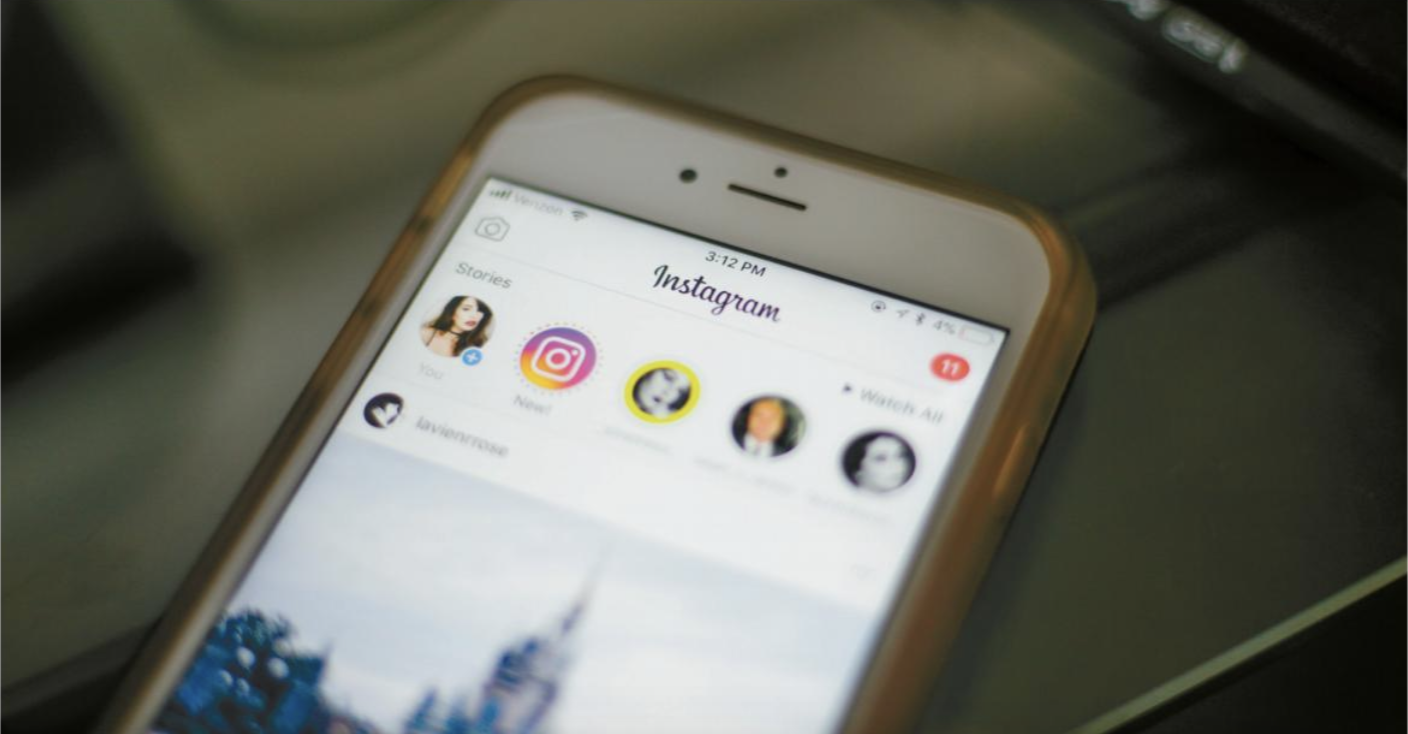Liz Trudel, Staff Writer
Society is persistently revolving itself around the premises of social media platforms. Instagram is one of the most prized platforms of all. The website allows individuals to capture their lives through photographs and videos by posting them to their profile where followers can like and comment on the content. To many, Instagram is an enjoyable way of expression or manner of communication, and to others, Instagram is their livelihood. Every day, millions of people post on Instagram, whether it be a selfie or a scenic-view. Almost every person who posts relies on the number of likes or comments for the direct validation of what they posted being good enough or socially acceptable. There are so many kids, teenagers, and young adults, who are in the most influential points of growth, being exposed to the social normative being that in order to be “popular” or even be remotely accepted by peers, they must obtain the maximum number of likes on a photo or have more followers than their rivals. This social normative has created a fierce virtual competition of physical appearance, appraisal and popularity among millennials and generation Z.
While millions of individuals spend countless hours surfing the app, some may argue that Instagram is profoundly toxic and detrimental to young people’s health and wellbeing. A recent survey administered in the United Kingdom by the Royal Society for Public Health polled almost 1,500 young people ranging from age 14 to 24 on how specific social media platforms affect their health and happiness on matters of anxiety, depression, self-identity, and body image. Instagram was reported to exert the most negative impact on young individuals-prominently females. Fifty percent of the sample size affirmed that Instagram exacerbated feelings of anxiety, while seven out of ten people reported that engaging in the app made them feel worse about their body image. Matt Keracher, the author of the published report stated, “Instagram attracts young women to compare themselves against unrealistic, largely curated, filtered and photoshopped versions of reality.” An anonymous female respondent in the report also stated, “Instagram easily makes girls and women feel as if their bodies aren’t good enough as people add filters and edit their pictures for them to look perfect.
The ultimate goal of the Royal Society for Public Health is to seek justice for young individuals who feel inadequate against the digitally manipulated photographs that bombard their newsfeed. The purpose of the conduction of the survey is to promote awareness of the harmful effects of Instagram and other social platforms and to educate the public on mental health issues arising in young individuals. The organization has called upon Instagram as well as all other social media websites to rectify these issues by implementing indications on photographs that have been altered and distorted from reality. The organization would like young individuals to be equipped with the tools and knowledge to be able to navigate social media in a positive manner that promotes strong mental health.

